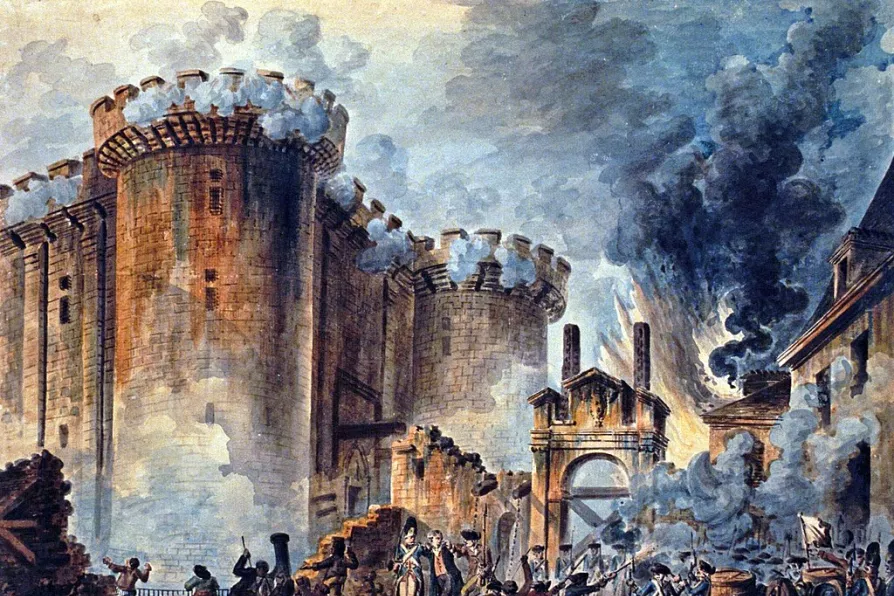There have been penalties for those who looked the other way when Epstein was convicted of child sex offences and decided to maintain relationships with the financier — but not for the British ambassador to Washington, reveals SOLOMON HUGHES

 The storming of the Bastille, July 14 1789 during the French Revolution
The storming of the Bastille, July 14 1789 during the French Revolution
IT provides not so much a guide, but a tool. And it depends what you mean by “history.”
If you mean simply “the facts” — dates, happenings, actors, the when, what and who — then the strength of a Marxist approach is that it helps you look beyond the prominent individuals or events celebrated in “popular” historical accounts (and much teaching in educational institutions) to answer the question “why” — and in particular to understand the dynamic of historical change.
Engels put this as well as anyone in his speech at Marx’s graveside in 1883: “Just as Darwin discovered the law of development of organic nature, so Marx discovered the law of development of human history: the simple fact, hitherto concealed by an overgrowth of ideology, that humankind must first of all eat, drink, have shelter and clothing, before it can pursue politics, science, art, religion, etc; that therefore the production of the immediate material means, and consequently the degree of economic development attained by a given people or during a given epoch, form the foundation upon which the state institutions, the legal conceptions, art, and even the ideas on religion of the people concerned have been evolved, and in the light of which they must, therefore, be explained, instead of vice versa, as has hitherto been the case.”

















